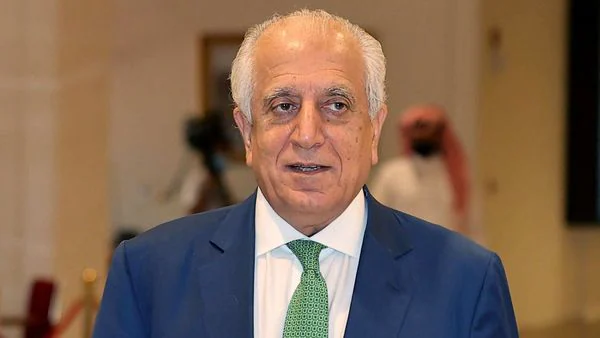WASHINGTON — Zalmay Khalilzad, the former U.S. envoy for Afghanistan’s peace, has warned that if reports of meetings between Pakistan’s intelligence agency (ISI) and exiled Afghan leaders in Turkey are true, it would be a “bad sign” and indicate that Islamabad is attempting to recruit them to incite violence in Afghanistan.
In a post on X, Khalilzad said that if the reports are accurate, ISI intends to use these former leaders as operatives to recruit impoverished Afghan youth for violence and bloodshed, while they themselves remain in exile.
“These former Afghan leaders should know better than to become pawns in ISI’s games,” he wrote. “The Pakistan security establishment very likely intends to use these leaders and recruits as bargaining chips with the Taliban to get concessions and then abandon them, as some have experienced firsthand in the past.”
The High Council of Resistance for the Salvation of Afghanistan, a coalition of former Afghan political and military leaders, denied reports of any meetings with Pakistani intelligence officials.
In a statement issued Saturday night, the group called the allegations “false, baseless, and part of a cyber attack aimed at undermining its activities.”
“The High Council of Resistance, with a deep understanding of the country’s situation, is committed to resisting the Taliban’s oppressive rule and working toward the restoration of democracy and governance in Afghanistan,” the statement read.
Among the key figures in the High Council of Resistance are Abdul Rashid Dostum, Salahuddin Rabbani, Abdul Rab Rasul Sayyaf, Mohammad Mohaqiq, and Karim Khalili—all prominent former Afghan leaders.
Reports had previously suggested that ISI’s engagement with exiled Afghan leaders was part of a broader effort to increase Pakistan’s interactions with Taliban opponents and potentially facilitate the opening of a political office for them in Islamabad.
Neither Pakistan nor the Taliban have publicly commented on these claims.





